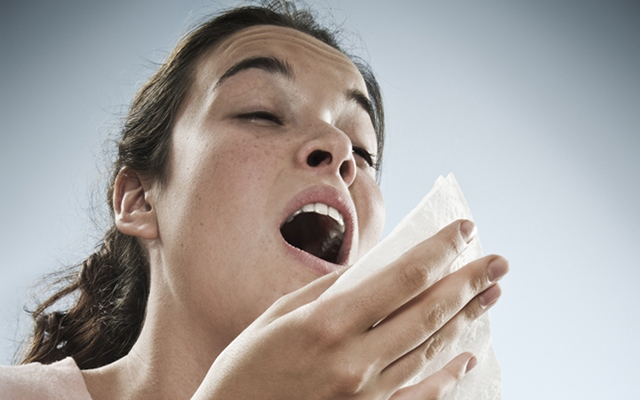
Source: (C) Flickr / Tina Franklin
Japanese May Want To Say Sayonara to Stifling Sneezes, Report Reveals
- Source:
- (C) Flickr / Tina Franklin / (C) Imagineer Co., Ltd. / @2chmtmnmtm / @novitafanky / @raimu0003 / @A27iPslR5WK6vL6 / @pi_pi_torinoko
- Tags:
- bodily noises / British Medical Journal Online Case Reports / Case / case report / coughing / damage / dangerous / Doctor / ears / Etiquette / Health / health risk / Injury / loud sneezing / lungs / Manners / medicine / online journal / physiological / report / ruptured brain aneurysm / ruptured windpipe / Sneezing / spitting / throat
Related Article
-

Japanese convenience store FamilyMart launches medicine pick-up pharmacy service
-
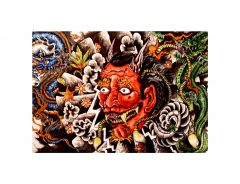
What Do Japanese People Think About Tattoos?
-

Wedding etiquette in Japan: Things you should know when attending a Japanese wedding
-
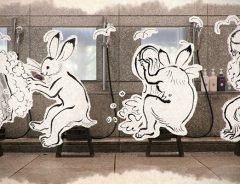
This Charming Onsen Manners Video Will Help You Enjoy Japanese Hot Springs
-
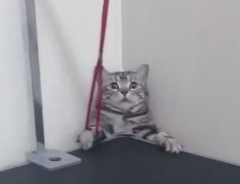
Like A Ninja: This Cat Escapes From The Doctor In Style
-
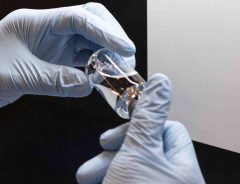
Q&A COVID-19: The Various Drugs Being Researched in Japan


According to Japanese etiquette, any physiological manifestation which draws attention to oneself should be repressed to the extent possible. For example, spitting and blowing one's nose in public is considered bad manners. Even when such manifestations are involuntary, such as coughing or sneezing, Japanese manner and etiquette guides encourage people to hide them, not only to avoid polluting the air with germs but also with any noise that could potentially be unpleasant to others. While such notions are not exclusive to Japan, there is a stronger stigma here than in many other countries.
When it comes to sneezing in public, if you're not wearing a mask to begin with, Japanese etiquette guides advise making efforts to reduce the noise you make. For example, this guide advises exhaling quickly when you feel a sneeze coming in order to reduce the air in your lungs, as well as closing your mouth.
However, a case in this week’s British Medical Journal Online Case Reports which has been picked up by major news outlets both abroad and in Japan provides evidence that such sneeze-stifling practices could in fact have very serious repercussions on your health.
The report describes the case of a 34-year old man in England who tried to stifle a sneeze by pinching his nostrils and clamping his mouth shut. Although he felt no immediate discomfort, he began to lose his voice and complained of difficulty swallowing a few days later, and he made an appointment with this doctor. As it turned out, his sneeze stifling had ruptured the top of his windpipe. He had been stifling his sneezes in that manner for many years.
In its conclusion, the report indicates: "Simultaneously obstructing both nostrils and mouth during sneezing should be avoided." Moreover, a translated AFP article reported that there have been cases of damaged lungs and ruptured brain aneurysms due to stifling sneezes.
On Twitter, the reaction to the news here in Japan ranged from recognition of the danger and the need to prioritize health over etiquette and dignity, to focusing on nose-pinching as the problem rather than mouth-clamping:
---"Don't be embarrassed about it and sneeze grandly! Stifling a sneeze is dangerous! In the worst case, you could end up in hospital!"
---"Seriously? I've been getting into the habit of stifling my sneezes, so... Maybe I should stop.
---"I think it's obvious the problem wasn't that he stifled his sneeze but that he pinched his nose while stifling his sneeze."
Other comments revealed that sneezing etiquette was ingrained in the minds of Japanese from their elementary school years:
---"My teach in elementary school made us stifle our sneezes (...)"
---"My head teacher in elementary school yelled at a boy who sneezed loudly in class. He got angry at him, saying: 'Shut up! Do you think you're funny?' Even though it was just a sneeze..."
Hopefully, this recent warning about stifling sneezes will make its way into schools as well as general society in Japan so that a happy medium can be found between upholding standards of etiquette and doing so in a healthy manner.
By - grape Japan editorial staff.